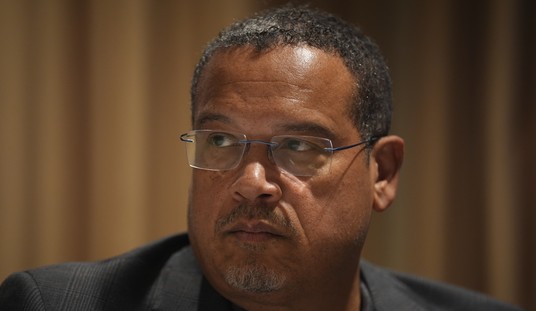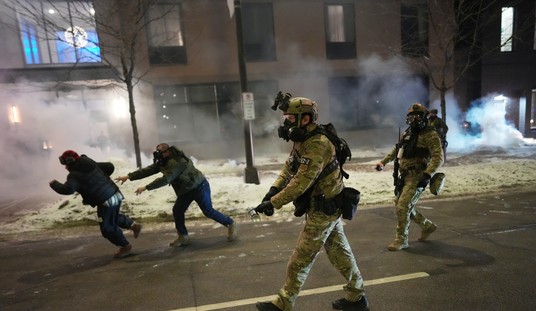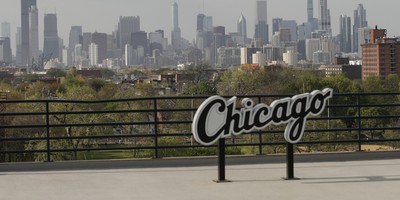Former Portland Trail Blazers president and Nike's Jordan Brand chairman Larry Miller opened up to Sports Illustrated about a secret he’s managed to keep for decades, even as he rose to business and basketball fame. Ahead of the release of his book, “Jump: My Secret Journey From the Streets to the Boardroom,” Miller, 72, confessed that as a “gangbanger” in West Philadelphia in the 1960s, he shot and killed 18-year-old Edward White.
Miller told SI he was “haunted” by the “utterly senseless” killing.
For Miller, the troubles began at age 13, when he joined the Cedar Avenue gang, in the Cobb’s Creek section of West Philly. It had nothing to do with money or drugs or any issues at home, Miller says; his father worked as a supervisor for a drywall company, while his mom took care of the eight Miller children (“We had plenty of food,” Miller says). None of the others got in trouble with the law. The third-oldest, Miller says he had been a model child up to that point—“straight-A student, teacher’s pet … the smartest kid in the class”—but none of it gave him the sense of respect and belonging he desired.
Miller was arrested multiple times, for a variety of offenses, and spent most of his years from ages 13 to 30 in juvenile detention or prison. In the interview, he demurred on discussing his experiences being incarcerated or much of what came after, saying he addresses that in his book. He focused, instead, on the night of Sept. 30, 1965. As Miller describes it, his decision to pull the trigger was an act of retribution. Earlier that month, a younger friend—someone he considered “an innocent”—had been stabbed and killed during a fight with the 53rd and Pine gang.
Guns were rare back then, but Miller had previously acquired a .38 from his girlfriend. So he grabbed the gun, downed a bottle of wine with three friends and went searching for anyone affiliated with the rival gang. He shot the first person they encountered.
“We were all drunk,” Miller says softly. “I was in a haze. Once it kind of set in, I was like, ‘Oh, shit, what have I done?’ It took years for me to understand the real impact of what I had done.” (SI)
Recommended
“That’s what makes it even more difficult for me, because it was for no reason at all,” Miller says. “I mean, there was no valid reason for this to happen. And that’s the thing that I really struggle with and that’s—you know, it’s the thing that I think about every day. It’s like, I did this, and to someone who—it was no reason to do it. And that’s the part that really bothers me.”
For decades while building his career at places like Kraft Foods, Campbell Soup, the Trail Blazers, and Nike, he kept quiet, always fearing he'd be outed. According to SI, "it helped that there’s very little in the public record revealing Miller’s past." All the outlet could find was a newspaper clipping from the Philadelphia Daily News in 1965 briefly describing the details.
He's recently opened up to those closest to him about his past, including Michael Jordan, Nike founder Phil Knight, and NBA commissioner Adam Silver, and has been surprised by their reactions.
“I've been blown away by how positive the response has been,” Miller told SI, adding that getting the secret out was “a real freeing exercise.”
Silver told SI he went from being "stunned to amazed" at the heights Miller reached in his professional career "with this secret firmly intact." He then describes having "left with a feeling of sadness that Larry had carried this burden all these years without the support of his many friends and colleagues."
Now that the secret's out, Miller hopes to use the experience to help at-risk youth and those in prison.
While it’s admirable that Miller turned his life around after serving time, the reactions to the story raise questions about how other public figures are being treated for what society has now deemed thought or speech “crimes.” For example, the story comes just days after Jon Gruden, former head coach of the Las Vegas Raiders, resigned when private emails revealed he used racist, misogynistic, and homophobic language. As Matt wrote, "You can’t call the NFL commissioner [a 'f*ggot' and 'clueless anti football p*ssy'] and keep your job. That was the real reason." But murder? That's another matter entirely, apparently.
We live in strange times, murder is lauded, and mean emails get you blacklisted, depending on who you are... https://t.co/uOgqUHDjjx
— Recruiter Times (@RecruitingTruth) October 15, 2021
Yes but did he send mean private emails? https://t.co/BG9bXRyQRF
— Reductio de Stangaci (@ReductioAA) October 15, 2021
So if coaches get fired for emails, I wonder what happens to murderers? I guess they get SI covers https://t.co/iaZI2zT1V0
— The Hamberdler* (@Whata_Berger) October 14, 2021

























Join the conversation as a VIP Member